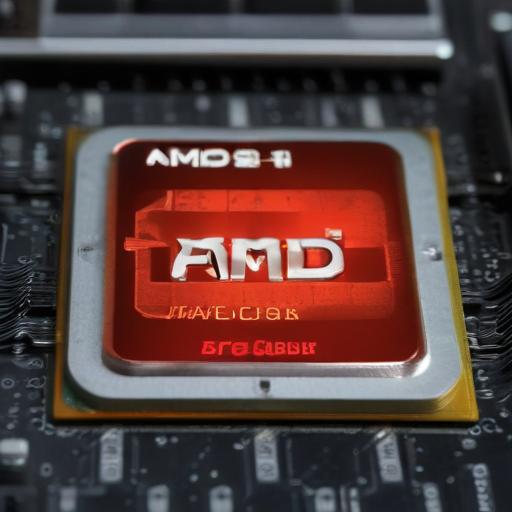AMD is aiming high with its next-generation gaming CPUs, setting an ambitious internal target to exceed the 7GHz clock speed barrier with the upcoming Zen 6 architecture. Recent speculation suggests that this architecture could deliver clock speeds that far surpass current capabilities, marking a significant advancement in CPU technology.
While previous reports hinted at AMD potentially hitting the 7GHz mark, the latest information indicates that the company is targeting speeds even greater than that, as noted by technology leaker Moore’s Law is Dead (MLID). For context, the highest clock speed recorded in consumer CPUs today is 6GHz, achieved by the Intel Core i9 14900K, which tends to generate substantial heat at that level.
Skepticism surrounds these claims, particularly given the considerable jump from the AMD Ryzen 9 9950X’s peak of 5.7GHz. However, MLID reassures that the significant improvements in manufacturing processes could facilitate this leap. AMD is reportedly set to skip several generations of manufacturing technology, moving from the N4P process through to the advanced N2X process. This leap is similar to AMD’s historical jumps, such as moving from 12nm to 7nm with the Ryzen 2000 series.
TSMC’s introduction of the 2nm N2 manufacturing process earlier in 2025, followed by the more advanced N2X, expected to launch in 2027, could also support higher voltage tolerance and subsequently allow for increased clock speeds. If AMD leverages the N2X node for its Zen 6 CPUs, it could indeed be at the forefront of semiconductor technology.
Although MLID has voiced confidence in these assessments, he emphasizes that these ambitious targets are not yet realized. Current insights from AMD sources indicate that while they anticipate achieving clock speeds of 6.4GHz or higher, exceeding 7GHz remains an aspirational target.
However, as it stands, these discussions are primarily speculative, with AMD yet to officially announce details regarding Zen 6 clock speeds. Additionally, MLID suggests that not all Zen 6 CPUs will utilize the advanced N2X process immediately; initial models, including APUs and Epyc chips, will be made with the N2P process, with the first Ryzen desktop CPUs expected to debut later next year.
This news reflects the ongoing evolution within gaming technology, illustrating AMD’s commitment to innovation and performance. As we look towards the future, it will be interesting to see how these developments unfold and the potential they have to shape the gaming landscape. Enthusiasts and users looking to upgrade should stay tuned for further updates and consider current options while waiting for these groundbreaking advancements to hit the market.
